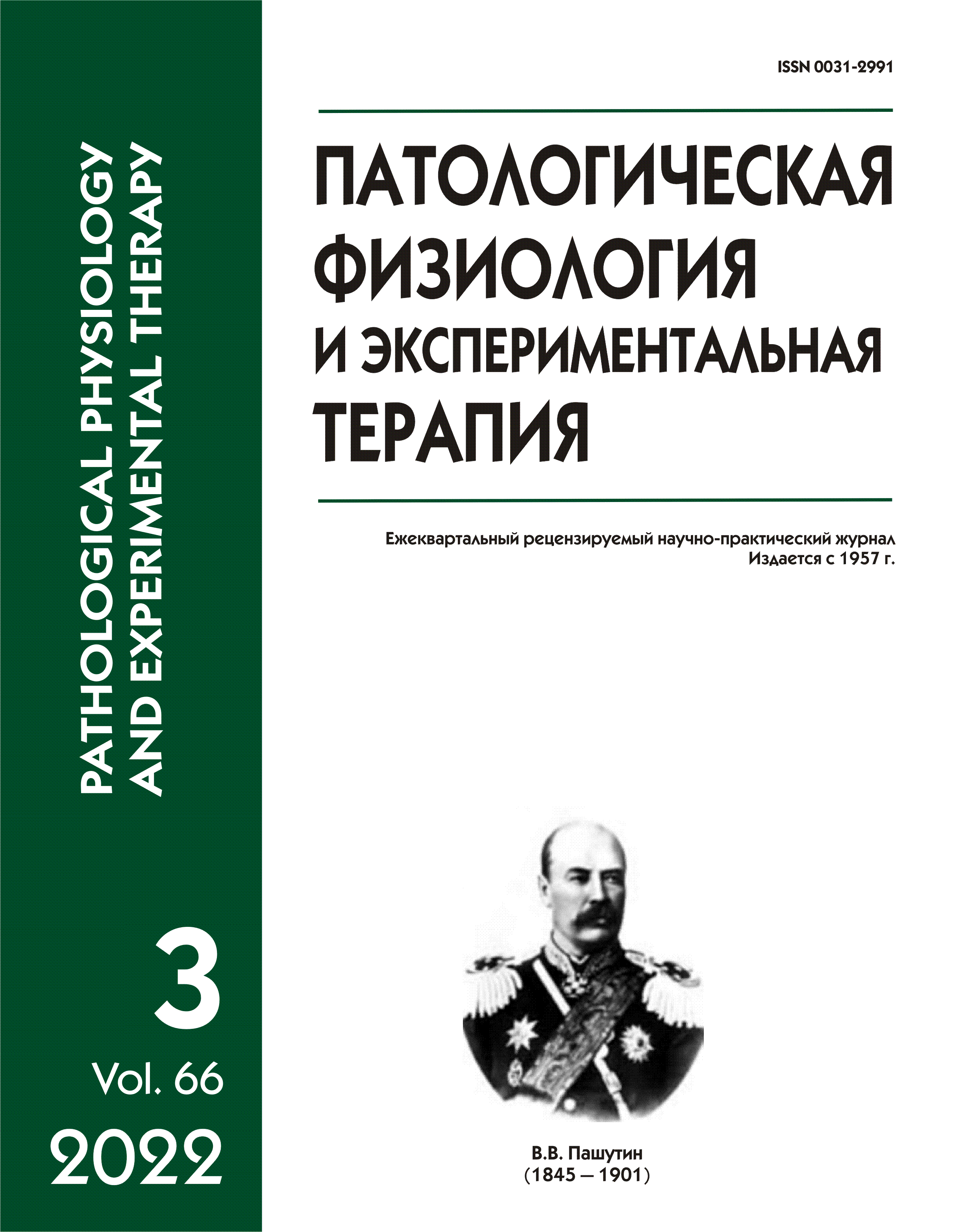Changes in urine tests and renal function indices in patients with COVID-19 viral pneumonia
Abstract
The aim of the study was to evaluate the character of kidney damage in patients with coronavirus pneumonia. Methods. The retrospective random sampling analysis of 300 case histories of patients over 18 years old without lethal outcomes, who were admitted for inpatient treatment for coronavirus infection complicated by pneumonia and had no history of urinary system diseases was performed. Patients underwent: clinical blood count (CBC), biochemical blood count, clinical urinalysis (CUR), computed tomography (CT) of lungs, detection of COVID-19 virus by polymerase chain reaction (PCR) in swabs from oropharynx and nasopharynx. Results. The study was dominated by males, 177 (59%) (p<0.01), mostly between the ages of 45 and 74 years, 212 (70.6%), with a significantly higher incidence compared to those aged young 18-44 years, 51 (17%), and elderly over 75 years, 37 (12.4%) (p<0.01 in each case). Of the 300 case histories evaluated, 103 (34.3%) had some form of change in urinalysis. In the study group of patients with COVID-19-associated pneumonia and changes in urine tests the same trends by age and sex were maintained. In our study the changes in urine tests were reliably the most frequent in case of coronavirus pneumonia of CT degree of severity – 2. In each group of patients with coronavirus pneumonia of varying severity and changes in UAM, proteinuria reliably prevailed, leukocyturia was detected significantly less frequently, D-dimer level directly depended on the degree of lung damage (the higher the damage, the higher D-dimer value), which allowed to conclude that complications from the urinary system were related primarily to glomerular damage (micro-thrombosis) and significantly less often to tubule damage. Conclusion. Patients with changes in the UAM and increased serum D-dimer require further dynamic monitoring until urinalysis normalizes, which will avoid the risk of urinary system complications.






